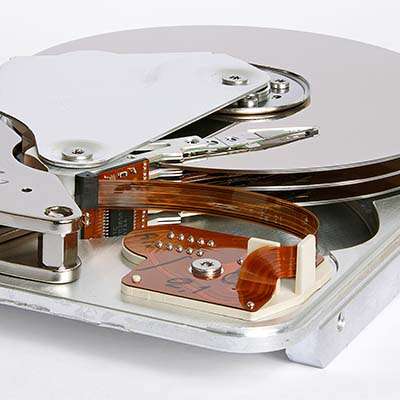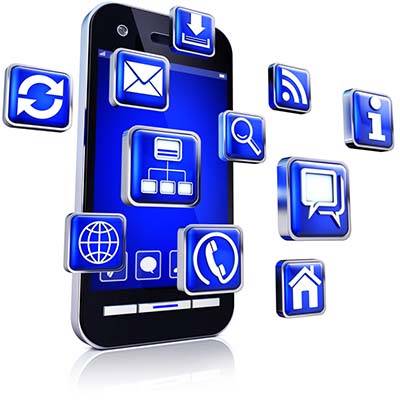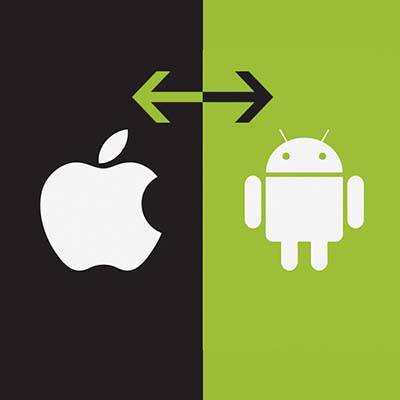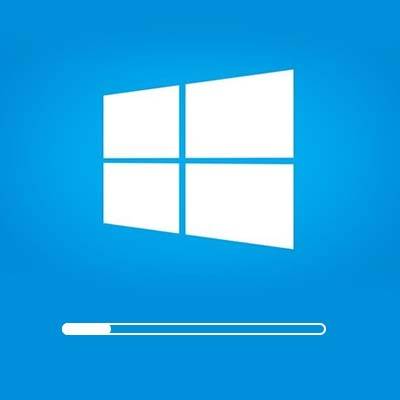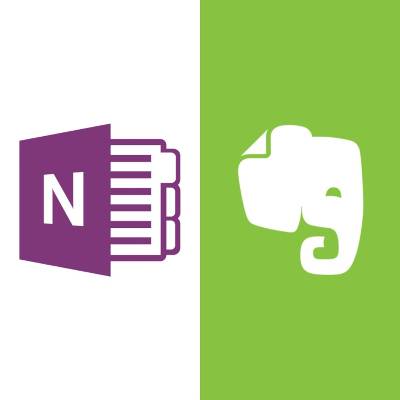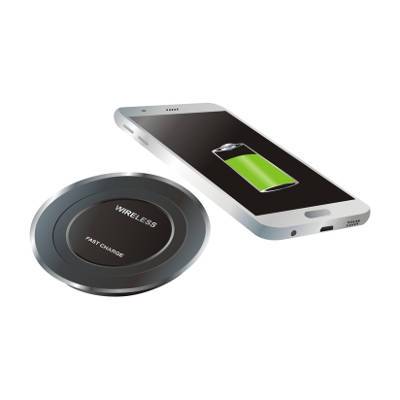At Google I/O 2018, a Google convention for developers, a remarkable new technology was unveiled. Titled Google Duplex, it adds a new level of utility and capability to the Google Assistant, enabling the Google Assistant to make phone calls on the user’s behalf that are nearly indistinguishable from human conversation.
Macro Systems Blog
The Term 'RAM' can mean a number of different things, but in computing, there is only one true definition: Random Access Memory, and it’s a significant component in your computer. But what exactly does it accomplish, and what role does it play in ensuring that your business stays productive and efficient? Let's examine below.
Have you ever wondered where the commonly accepted perception of cyber investigations comes from? You might be surprised to find out that the world of suits, ties, and data terminals is far from the reality of what these investigations are--or, at least, considerably more dramatic. For today’s tech term, we’re going to get to the bottom of this by investigating what computer forensics really looks like.
Most individuals who utilize computers know "of" the hard drive, but how many actually know what a hard drive does? Depending on who you ask, you’ll get a variety of answers. It’s uncommon that you’ll encounter the ordinary person who knows what the hard drive is, what it does and how it works. Allow us to explain what exactly a hard drive does.
Mobile devices have many, many uses, all of which allow users to get the most out of them. But what if all of your attempts at locating the best applications just lead to finding a fraudulent app on the Google Play Store? The truth is that the Google Play Store has its share of malware available for download in all kinds of disguises. Let's go over a couple of tips to help you avoid installing them to begin with.
Learning how to utilize a new technology can be difficult. If you’ve been a committed Apple customer but are now considering switching to Android, you should know that simple differences between the two platforms can be disorienting. Let's go over some information you need to know when switching away from the iPhone.
As 2018 marches on, certain technologies and implementations are becoming more utilized by businesses. These trends are expected to continue, so businesses should embrace these technologies sooner rather than later. Below let's take a look at some of these technologies, why they are expected to develop, and how you can use them to benefit your business.
Similar to other malware, Spyware is a problem for any business. Since your organization generates, collects, and uses considerable amounts of data, there is no lack of other businesses that want to get their hands on it. You spend significant time and money protecting your data against threats on the Internet, but what if the spyware came with the computer you just purchased?
In homes and offices around the world, Technology has become nearly essentially, and one may find themselves replacing it more often than they expected. This leads to a significant amount of waste that can accumulate in your office; whether it's an extra smartphone, desktop, or something as simple as a random, non-functional hard drive. Disposing your dated, unnecessary technology isn’t as easy as placing paper into a recycling bin, however, and it shows in the amount of e-waste that infects the world every day.
If there is a problem that everyone is hesitant to address, that problem is called "the elephant in the room". Many businesses may find that, these days, those elephants live in their server rooms. Let's acknowledge these elephants and discuss a few ways that you can evict them from your organization’s IT.
If you are taking notes related to an organization’s operations, those notes need to meet certain guidelines of clarity, cohesiveness, and comprehension. To accomplish those guidelines, you will require the correct tools. This entry will appraise two of the industry’s best note-taking applications to help you identify which is best for your needs. The applications: Microsoft OneNote, and EverNote.
Mobile devices have become invavluable in the modern workplace. It'd be difficult to locate a company that doesn’t use smartphones or tablets in some manner. However, mobile devices will never be truly mobile while they need to be tethered to wires plugged into outlets or USB cables due to batteries losing their charges. An innovation called wireless charging has attempted to shake this concept up, but has it proven successful? And what is wireless charging, exactly?
Email is such a familiar solution that most people don’t think twice about how it works. However, it’s critical that you at least understand the concept, as it can provide you with a substantial advantage when it comes time to optimize email access on your mobile devices. Let us discuss the ways in which the two major message exchange protocols differ, and then look into the specifics of why you should choose one over the other.
Collaboration is a critical aspect of business these days, which has led to many developers and providers entering the business of collaboration. These developers are in extensive competition with each other trying to update their offering so it's better than the others. Recently, Facebook Workplace, Slack, and Google’s Gmail each received collaboration-boosting updates.
For businesses everywhere, technology is a necessity to reach their goals, which are of course influenced by the technology that companies are able to access. For this cycle to continue, a business needs to establish what is expected to come next in the line of IT innovation. It seems companies are currently placing convenience as a priority.






